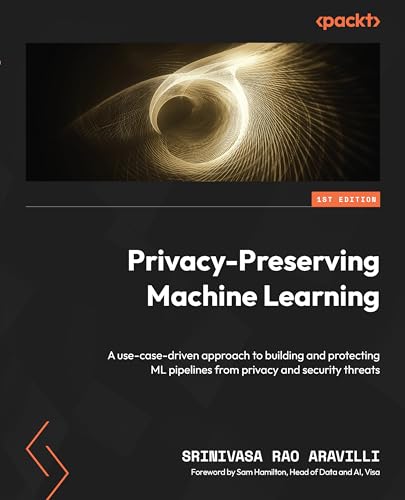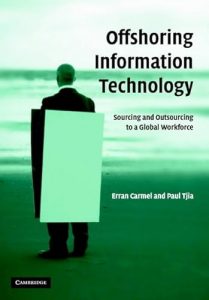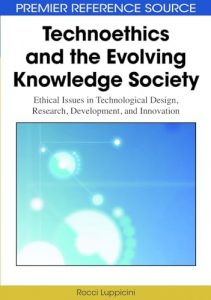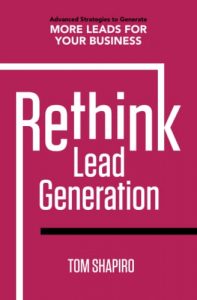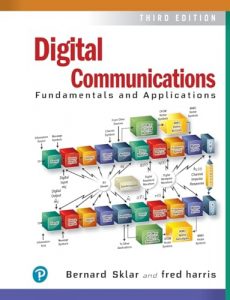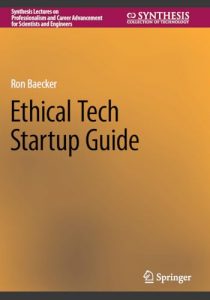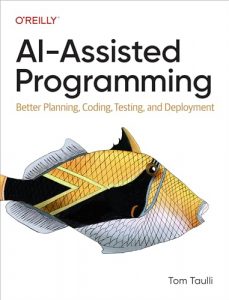1. Privacy-Preserving Machine Learning: A use-case-driven approach to building and protecting ML pipelines from privacy and security threats
Written by Srinivasa Rao Aravilli, this book dives deep into the world of machine learning while tackling the pressing issues of privacy and security. It provides a well-structured framework that enables readers to construct and safeguard machine learning pipelines effectively. The author’s use-case-driven approach offers real-world scenarios that illustrate the complexities and best practices in protecting sensitive data, making it an essential read for practitioners and researchers alike. Whether you’re involved in data science or simply curious about the intersection of AI and privacy, this book serves as a critical resource.
2. Privacy-Preserving Technologies: Safeguarding Confidentiality in the Digital Age
In an age where data breaches are all too common, Dini Rossbach’s timely work offers insights into safeguarding confidentiality. Priced at an affordable $2.99, this book is not exclusively for tech experts. It delves into various privacy-preserving technologies, highlighting their significance in both personal and organizational contexts. The readability of this book, combined with practical examples, makes it accessible to a broader audience who wishes to understand how to navigate today’s digital landscape securely. It is a must-have in your library for anyone interested in the vital topic of data privacy.
3. Privacy-Preserving Machine Learning
This influential book by Chang, J. Morris and others, priced at $51.00, tackles the fundamental challenges that arise in machine learning systems concerning privacy preservation. It synthesizes theoretical insights with practical methodologies that enable effective privacy solutions in complex data environments. With contributions from experts in the field, this text is instrumental for advanced students and practitioners involved in developing machine learning applications. Its comprehensive approach ensures that readers come away with a robust understanding of how to integrate privacy-preserving practices within AI workflows.
4. Privacy-preserving Computing: for Big Data Analytics and AI
Co-authored by Kai Chen and Qiang Yang, this $62.70 publication expands on the importance of privacy in big data analytics. As organizations amass vast quantities of sensitive data, the challenge of retaining privacy while extracting valuable insights grows. This book provides detailed frameworks and methodologies for implementing privacy-preserving computing practices. Enriched with case studies, the authors illustrate how big data can coexist with robust privacy measures, providing an essential guide for data scientists and engineers tasked with securing sensitive information in their analytics.
5. Privacy-Preserving AI: The Federated Learning Approach
Richard A. Mann’s book presents the federated learning paradigm as a revolutionary approach to AI that emphasizes data privacy. At just $9.99, this engaging read dissects how federated learning allows algorithms to learn from decentralized data without compromising user privacy. It is perfect for professionals who wish to implement AI solutions that respect user confidentiality. This innovative approach empowers organizations to harness the power of collective data while upholding ethical standards, making this book not only timely but also crucial for the future of AI.
6. Privacy-Preserving Engineering: Techniques and Technologies in Software Development
Adam Jones’s $29.99 book is a compelling exploration of how software development can integrate privacy-preserving measures into its lifecycle. Covering a range of techniques and technologies, the author provides a blueprint that software engineers can apply to enhance data protection within applications. With a blend of theory and practice, this book is valuable for anyone involved in software development looking to adopt privacy-first strategies, ensuring that user data remains secure throughout all phases of development.
7. The Architecture of Privacy: On Engineering Technologies that Can Deliver Trustworthy Safeguards
This thought-provoking book, co-authored by Bowman, Gesher, and Grant, explores the principles of designing systems that uphold privacy. Priced at $23.96, it delves into the technical and ethical aspects of creating trusted environments. Using practical examples, the authors analyze existing technologies and propose frameworks that could enhance trust in digital services. This is essential for policymakers and technologists alike who wish to create coherent strategies in maintaining data privacy while fostering innovation.
8. Differential Privacy (The MIT Press Essential Knowledge series)
Simson Garfinkel’s work is a key addition to any tech professional’s bookshelf. With a price of $18.95, it examines the concept of differential privacy, a method for ensuring that the privacy of individuals is maintained even when vast datasets are processed. This book serves as a gateway into understanding how data can be utilized without infringing on personal privacy rights, making it essential reading for those in data science, policy-making, or academia.
9. Guide to Data Privacy: Models, Technologies, Solutions (Undergraduate Topics in Computer Science)
Vicenç Torra’s guide is perfect for undergraduate students and individuals new to the field of data privacy. Priced at $34.44, this book provides comprehensive coverage of the models, technologies, and solutions that form the backbone of data privacy today. With engaging explanations and scenarios, readers will find it both informative and accessible. This book is a valuable resource for aspiring professionals in the computer science field who want to enhance their understanding of data protection principles.
10. Privacy-Preserving Data Mining: Models and Algorithms (Advances in Database Systems, 34)
This extensive $179.94 volume by Charu C. Aggarwal and Philip S. Yu delves into the synergies between data mining and privacy. It discusses essential models and algorithms that have been developed to protect sensitive data during the mining process. This book isideal for data scientists, researchers, and students who are serious about data mining and are looking for ways to protect individual privacy. This exhaustive resource will equip readers with the necessary tools to conduct data mining responsibly while ensuring privacy is prioritized.

